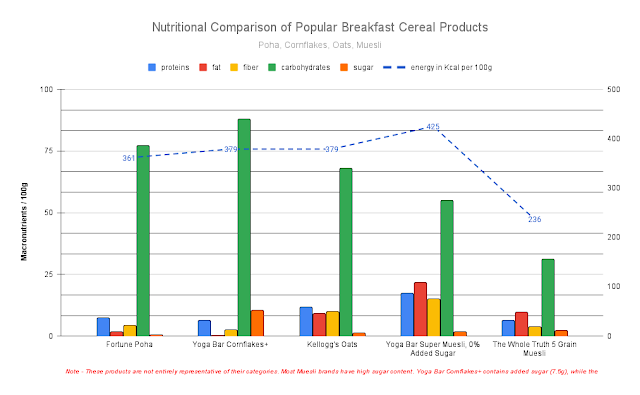Ensuring a Balanced Diet: What NIN & WHO Recommend
Maintaining a balanced diet is central to good health, reducing risks of chronic diseases like obesity, diabetes, and cardiovascular conditions. Both the National Institute of Nutrition (NIN) of India and the World Health Organization (WHO) provide science-based guidelines on the ideal proportions of nutrients to include in daily diets, as well as recommended limits for salt and sugar.
Here’s a handy chart to decode what (and how much) you should eat each day for optimal health -
| Nutrient/Substance | NIN Recommendation | WHO Recommendation |
|---|---|---|
| Carbohydrates | 45–65% of total energy | 45–60% of total energy; e.g., 225–325g/day for a 2,000 kcal/day diet |
| Protein | 10–15% of total energy (~0.83g/kg body weight) |
10–15% of total energy (~0.8g/kg body weight) |
| Total Fat | ≤30% of total energy (prefer unsaturated fats) | ≤30% of total energy (prefer unsaturated fats); e.g., 44–66g/day |
| Saturated Fat | <10% of total energy | <10% of total energy or <22g |
| Trans Fat | As low as possible | <1% of total energy |
| Free Sugar | <10% of total energy (ideally <5%) | <10% of total energy (ideally <5%; e.g., <50g in a 2,000kcal diet) |
| Salt | <5g/day (approx. 1 tsp, iodized) | <5g/day (approx. 2,000mg sodium, iodized) |
| Dietary Fibre | Encourage at least 400g vegetables & fruits/day (~25g fibre/day) |
At least 25g/day |



Comments
Post a Comment